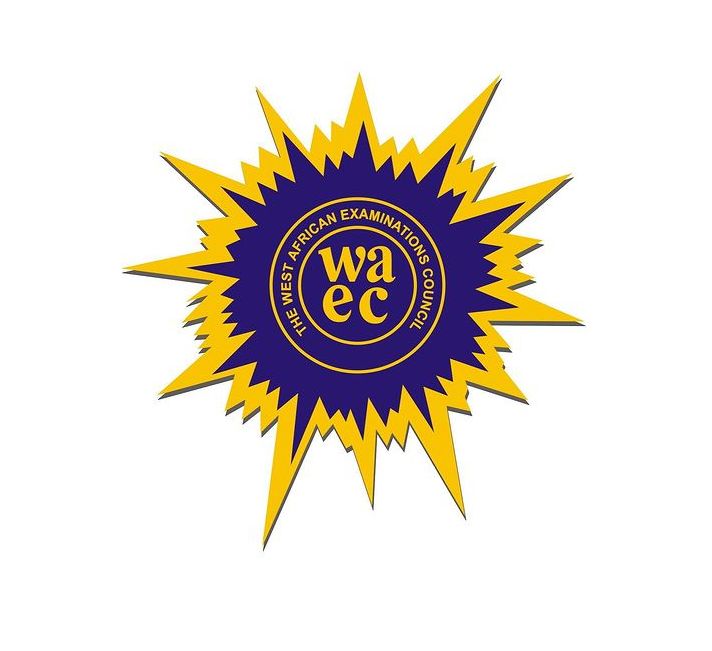
Is GCE a qualification?
Is GCE a qualification?
General Certificate of Education (GCE) stands as a pivotal milestone for many students, shaping their academic and professional trajectories. In this article, we will delve into the essence of GCE, examining its status as a qualification, its benefits, challenges, and its role in the broader context of education.
Understanding GCE
GCE is not a singular entity but rather a broad term encompassing both O-level and A-level qualifications. O-levels typically represent a foundation-level education, while A-levels delve deeper into specific subjects. Understanding this structure is crucial for evaluating the qualification’s significance.
GCE as a Qualification
The burning question – is GCE a valid qualification? The resounding answer is yes. GCE holds recognition and acceptance from numerous educational institutions and employers globally. It serves as a testament to a candidate’s academic prowess and can open doors to various opportunities.
VIEW ALSO : What do I need to collect my GCE certificate?
Benefits of GCE
Embarking on the journey of obtaining a GCE qualification comes with its perks. Beyond the academic knowledge gained, it can significantly impact career paths. GCE holders often find themselves better equipped for higher education and professional pursuits.
Challenges and Criticisms
No qualification is without its challenges and criticisms. Some argue that GCE may not adequately prepare individuals for practical, real-world scenarios. However, it is essential to approach such criticisms with a balanced perspective, acknowledging the strengths and weaknesses.
GCE in the Global Context
GCE’s recognition extends beyond borders, making it a valuable asset in the global educational landscape. Its adaptability to different educational systems enhances its appeal for students considering international academic pursuits.
How to Obtain GCE
Securing a GCE qualification involves a systematic approach. From registration to exam formats and subjects, understanding the logistics is crucial for those aspiring to add GCE to their academic achievements.
Conclusion
In conclusion, GCE is more than just an acronym; it represents a gateway to academic and professional excellence. Whether you are a student weighing your options or an employer evaluating qualifications, understanding the nuances of GCE is vital in making informed decisions.
FAQs
-
Is GCE recognized internationally?
- Yes, GCE is widely recognized and accepted in many countries around the world.
-
Can GCE lead to a successful career?
- Absolutely, GCE can significantly impact one’s career by providing a solid educational foundation.
-
Are there alternatives to GCE?
- Yes, there are various alternative qualifications and pathways for individuals with different preferences and goals.
-
How do I register for GCE exams?
- Registration details and processes can be found on the official website of the examination board.
-
Is GCE only for academic-focused individuals?
- No, GCE caters to a diverse range of individuals, including those with academic and vocational interests.
-
Can GCE be taken online?
- Depending on the examination board, there may be online options for certain GCE exams.
-
Do all universities accept GCE qualifications?
- Many universities globally recognize GCE, but it’s essential to check specific admission requirements.
- Is GCE suitable for adult learners?
- Yes, GCE is accessible to individuals of various age groups, including adult learners.
-
How long does it take to complete GCE O-levels and A-levels?
- The duration varies, but typically students complete GCE O-levels in two years and A-levels in an additional two years.
-
Can GCE open doors to international education opportunities?
- Yes, holding a GCE qualification can enhance opportunities for pursuing higher education internationally.